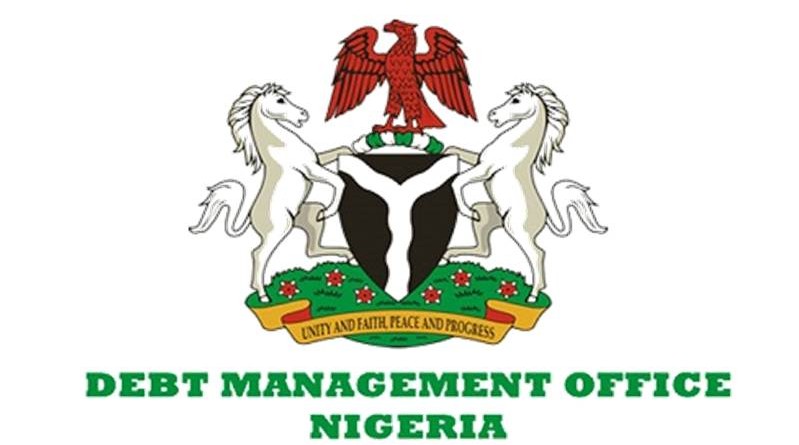Improved demand at Federal Government bond auction
The DMO auctioned out FGN Bonds on Monday, October 16th, 23. Through the reopening of bonds with interest rates of 14.55% FGN APR 2029, 14.70% FGN JUN 2023, 15.45% FGN JUN 2038, and 15.70% FGN JUN 2053, it offered N360 billion but raised N334.8 billion. When compared to the N290.9 billion recorded in September ’23, the participation level (demand) in this auction jumped by 31.7% m/m to N383.1 billion. The marginal rates for the bids for the benchmarks of 10, 10, 15, and 30 years were, respectively, 14.90%, 15.75%, 15.80%, and 16.60%. 1.2x was the bid-to-cover ratio.
The increased system liquidity is reflected in the demand at this auction. This stands in stark contrast to the bond offering from September, which saw a relatively modest subscription of N290.9bn.
System liquidity was increased because inflows from FGN bond coupon payments, NTB maturity, and FAAC payout during the period outnumbered outflows from NTB auctions. We see that market liquidity was N448.8 billion, and that call, overnight, and repo rates all closed on Friday, October 13, 23—the last working day before the auction—with spreads between 1% and 6%.
In the near future (November and December 2023) we anticipate rather strong system liquidity, principally as a result of inflows from FGN bond coupon payments and NTB maturities. These maturities and coupon payments total N1.2 trillion, according to our calculations.
Given their appealing yields of 15.80% and 16.60%, respectively, the longer-term bonds (JUN 2038 and 2053 bonds) saw substantial interest. However, investors’ attitudes about investing in FGN bond instruments are still being dampened by negative real interest rates (now -7.95%) brought on by high inflation.
According to the NBS’s most recent report on inflation, September’s headline inflation climbed by +92 bps to 26.70% y/y. According to what we gather, the incoming CBN Governor has not ruled out additional rate increases as a strategy for reducing inflationary pressures. It is hardly impossible that there will be another gradual rate increase soon.
The assets under management (AUM) of the pension industry climbed by 18.7% y/y and 1.8% m/m to N17.1 trillion in July ’23, according to PENCOM’s most recent monthly report. Bonds issued by the FGN made up 62.8% of the total assets under management.
The DMO will issue FGN bonds in an amount not to exceed N4.8 trillion in FY 2023. However, it has so far raised N4.6 trillion, or 95.8% of its goal. Overall, we continue to believe that by the end of 2023, the FGN would likely borrow more domestically than its goal of N7.04 trillion. The DMO revealed in a separate report that it raised N350 billion through the sale of its sixth Sovereign Sukuk Bond, despite having offered N150 billion.
The 10-year instrument’s interest rate was set at 15.75% annually. The bond was oversubscribed, as demand reached N652.8 billion. The DMO stated that the monies obtained would be used to build and repair important infrastructure projects around the nation, including roads and bridges.
Mid-curve FGN bond yields in the secondary market are expected to range between 14.9% and 15.5% at the short end of the curve and between 15.0% and 16.5% at the longer end during the course of the next month.
Indicators NG (23%) Inflation rate as of September 26.72 GDP (Q2 ’23,%) 2.51 Gross Official Reserves (15 October ’23, USD ‘billion) 33.2 British pound (18 October 23; USD) Bond yields on 93.3 FGN (20 October ’23)
13.53% 13.98% 12.15% 12.40%
Mar. 25–Feb. 28–Jul. 34 Mar-36 T-bill yields were 12.37, 14.02, 14.90, and 15.20 as of 20 October 23
23.07.27.22.11.23. Mar.24.Jun.24.Aug.24 3.51 5.05 8.21 10.05




